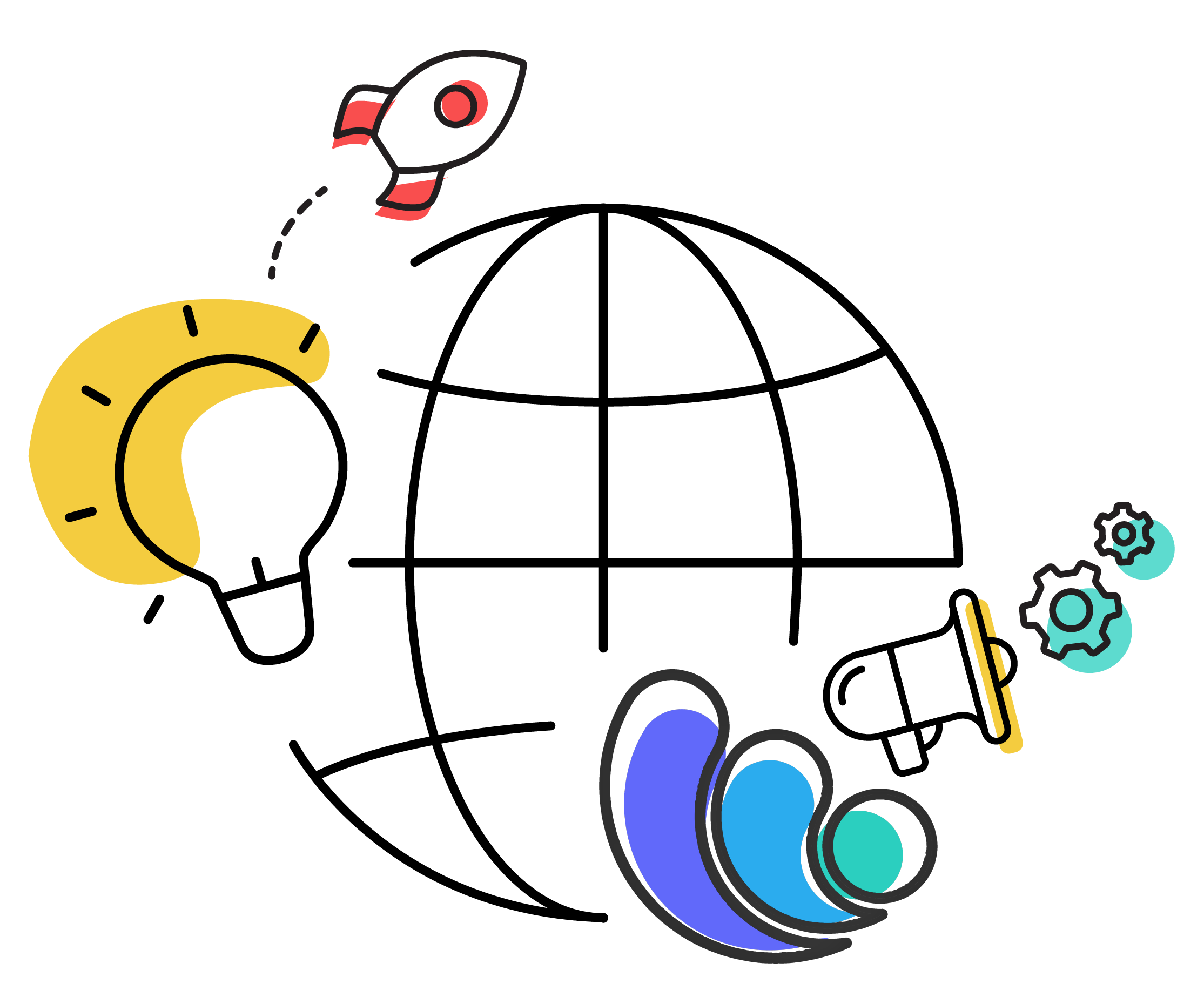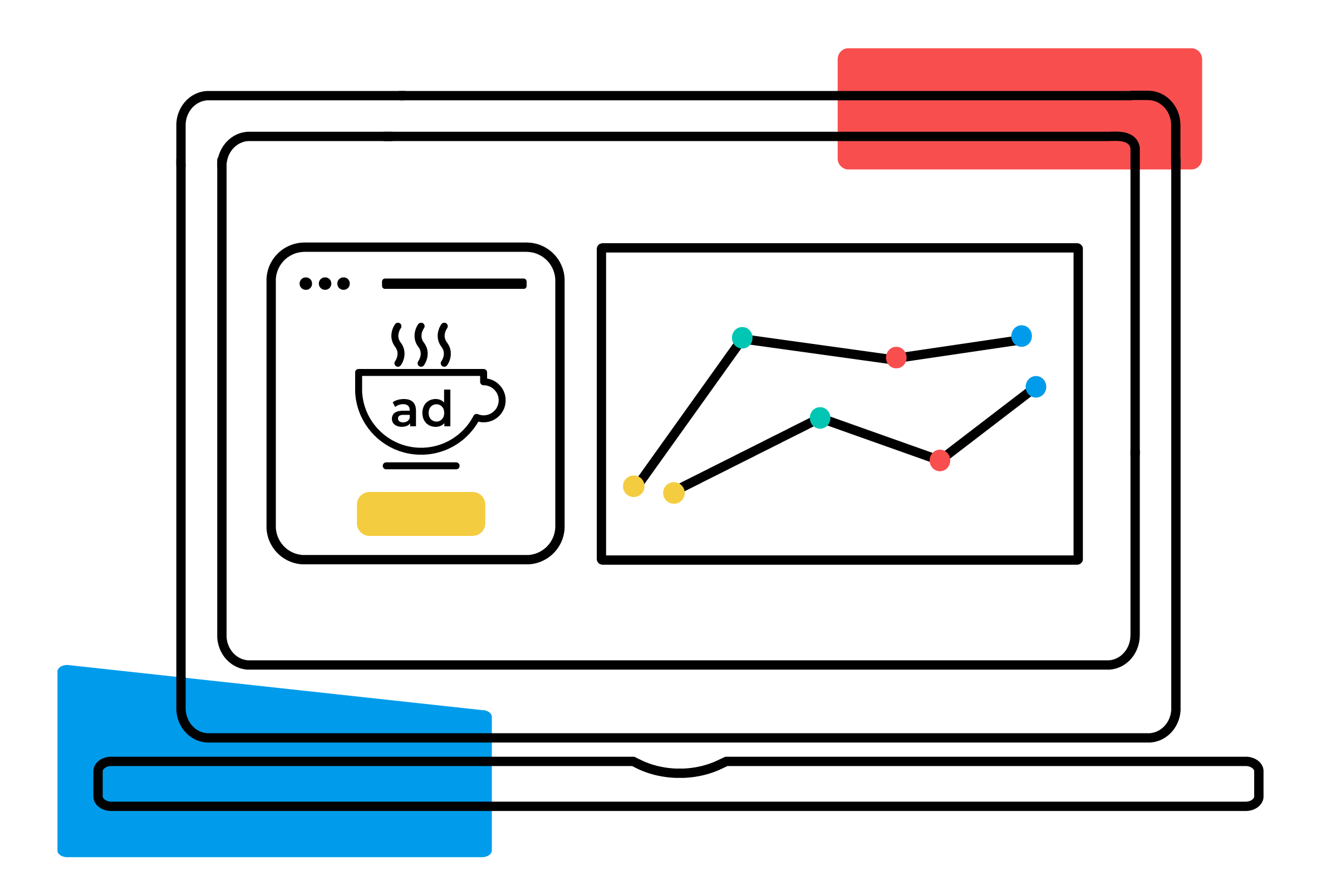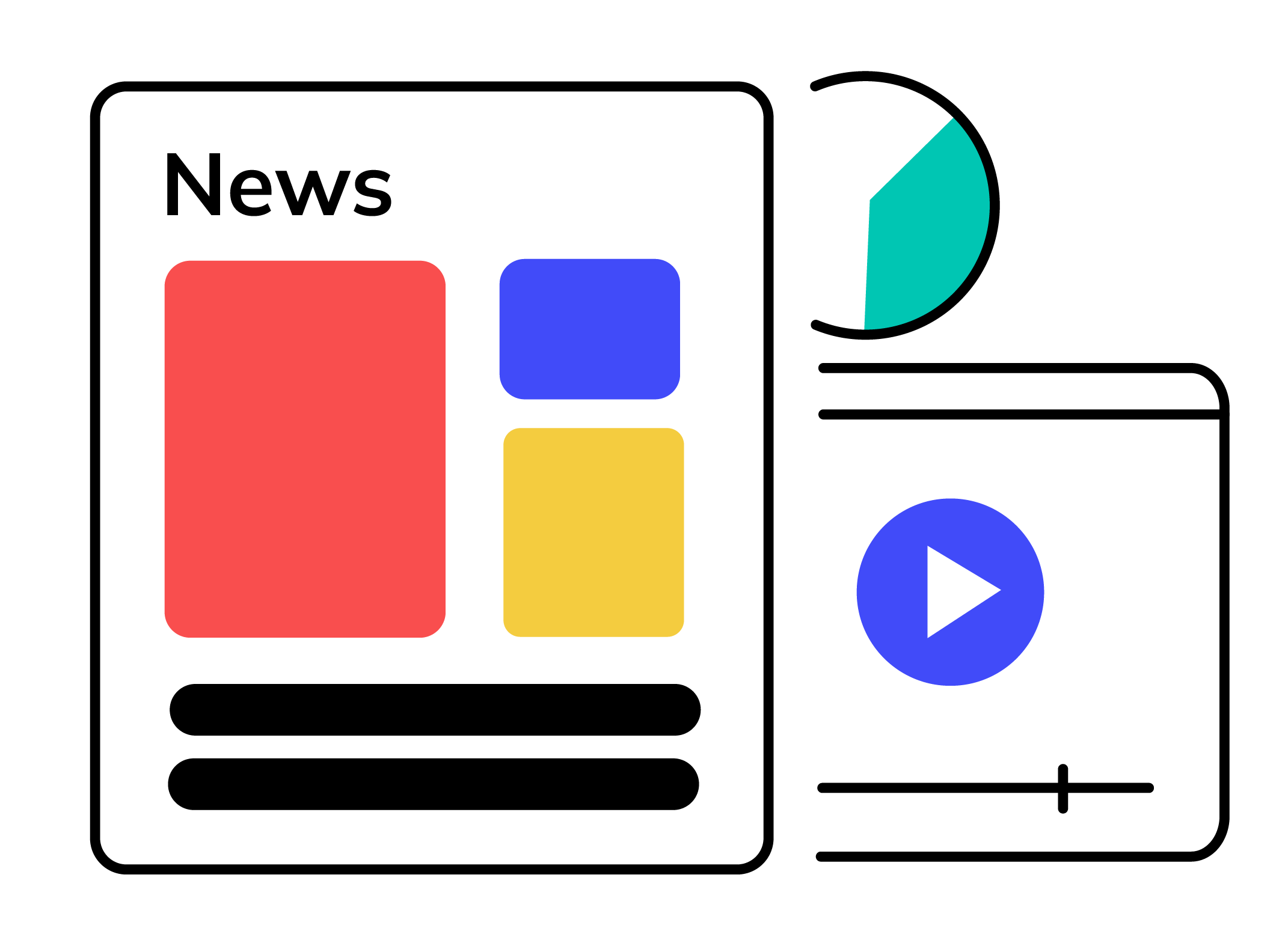


In today's rapidly evolving advertising landscape, it's essential to understand the fundamentals of digital marketing and how it compares to traditional advertising. As we move into an omnichannel advertising reality, it becomes crucial for businesses and marketers to grasp the power and potential of digital advertising. In this guide, we'll provide you with a comprehensive summary of digital marketing, its key concepts, strategies, how it differs from traditional advertising, and the future of digital marketing.
What is digital marketing?
Digital marketing is a strategic approach that enables advertisers to connect with their target audiences across various digital channels. Digital marketing and advertising specifically involve the dissemination of creative content through digital inventory, which refers to the advertising space provided by publishers on their platforms.
The term "digital" encompasses a wide range of channels, each serving a unique purpose in engaging audiences and driving conversions. Display advertising, search engine marketing, mobile marketing, social media marketing, and video advertising are some digital marketing examples. Not to be confused with "online marketing" or "internet marketing," digital advertising allows consumers to actively interact with ads and provide feedback to brands.
One of the key advantages of digital marketing lies in its ability to leverage advanced targeting technologies and data capture. This enables advertisers to reach both broad audiences and specific segments, without compromising on scale. Marketers can target audiences based on various attributes, including demographics, behaviors, psychographics, and more. Moreover, these channels allow for precise targeting of specific devices and even individual users, regardless of the device they are using.
In addition to precise targeting, digital marketers are highly focused on measuring the success of their campaigns. They can track various user engagements, such as impressions, clicks, website visits, leads, and actual purchases. This level of tracking and measurement makes it easier for marketers to assess the return on investment (ROI) of their campaigns, enabling them to optimize their strategies and make informed decisions for future campaigns.
Key takeaways:
-
Digital channels include display, search, mobile, social, audio, and video, allowing for unique audience engagement and conversion goals.
-
Advanced targeting technologies and data capture enable advertisers to reach large audiences and specific segments.
-
Digital marketing provides precise targeting options based on attributes like demographics, behaviors, and psychographics.
How does digital advertising differ from traditional advertising?
Traditional advertising refers to mediums such as linear TV, print, radio, direct mail, and out-of-home (billboard) advertising. One key distinction is that traditional advertising is a one-way conversation, where the messaging reaches out to consumers without the ability for consumers to communicate back.
In terms of targeting, traditional advertising tends to have broader audience definitions based on estimated viewership. This makes it challenging to execute granular targeting based on specific demographic and behavioral attributes, as compared to digital marketing.
Measurement methods also differ significantly. For example, if a potential customer views an ad on linear TV and later makes a purchase in-store, it's difficult for marketers to precisely attribute the action to the advertisement. Instead, marketers often rely on measuring sales lift before and after a campaign. Another approach is to include specific contact information, such as a phone number or email address, in advertisements to directly attribute conversions.
Key takeaways
-
Traditional advertising relies on broader estimates of viewership instead of targeting specific audiences based on demographics, behaviors, and interests.
-
Fostering two-way communication between brands and consumers through interactive ads and feedback mechanisms is not possible with traditional advertising, which is typically one-way.
-
Real-time measurement and analytics enable marketers to track and analyze campaign performance, unlike traditional advertising, which often uses indirect methods for measurement.
The future of digital marketing in an omnichannel world
The future of digital marketing is undergoing a major shift due to cookie deprecation. Cookies have long been the source of truth for data-driven advertising. They've been what's made addressable digital media a reality. But as we lose access to them, entire population segments become invisible to publishers and advertisers alike. This means that the traditional methods of targeting and personalization will no longer be as effective, and marketers will have to find new ways to reach and engage their target audiences. This shift will also impact the measurement and attribution of digital campaigns, as cookies have been a key tool in tracking conversions and determining ROI.
Flashtalking's recent study revealed a 90% rejection rate for cookies, highlighting the enormity of this blind spot. Google has advanced its efforts to discontinue third-party cookies in Chrome following efforts by Apple for Safari. It's imperative now more than ever that digital marketers learn to navigate the cookieless world by delivering relevant, personalized content.
Digital marketers also need to be aware of a persistent "creative-media" gap caused by our industry's over-indexing on media at the expense of creative. In the Mediaocean Advertising Outlook Report, 89% of respondents said they didn't have fully synchronized media and creative processes and technologies. This aligns with a separate survey of marketers in which 85% reported a gap between creative and media execution. Addressing these gaps requires the implementation of independent ad tech platforms specifically designed for enhancing creative relevance and activation across diverse digital marketing channels. Essential to this solution are tools dedicated to providing a unified, omnichannel workflow supported by a consistent toolkit.
Despite the advantages of digital marketing, traditional media channels remain popular among consumers. As media convergence and omnichannel strategies become more prevalent, the two forms of advertising can interact, blending different media forms into a single platform to deliver a dynamic experience. This omnichannel world calls for a new vision of the traditional ad server—something much more strategic, more relevant, and more powerful for the current era.
Key takeaways:
-
The deprecation of cookies, which has significant implications for data-driven advertising and audience targeting, is shaping the future of digital marketing.
-
Digital marketers must adapt to the cookieless world by focusing on delivering relevant, personalized creative to engage audiences effectively.
-
Implementing independent ad tech platforms and unified omnichannel workflows can enhance creative relevance and activation across diverse digital marketing channels.
Learn more
Learn more about how our platforms can support digital marketing and advertising efforts on mediaocean.com and flashtalking.com.










